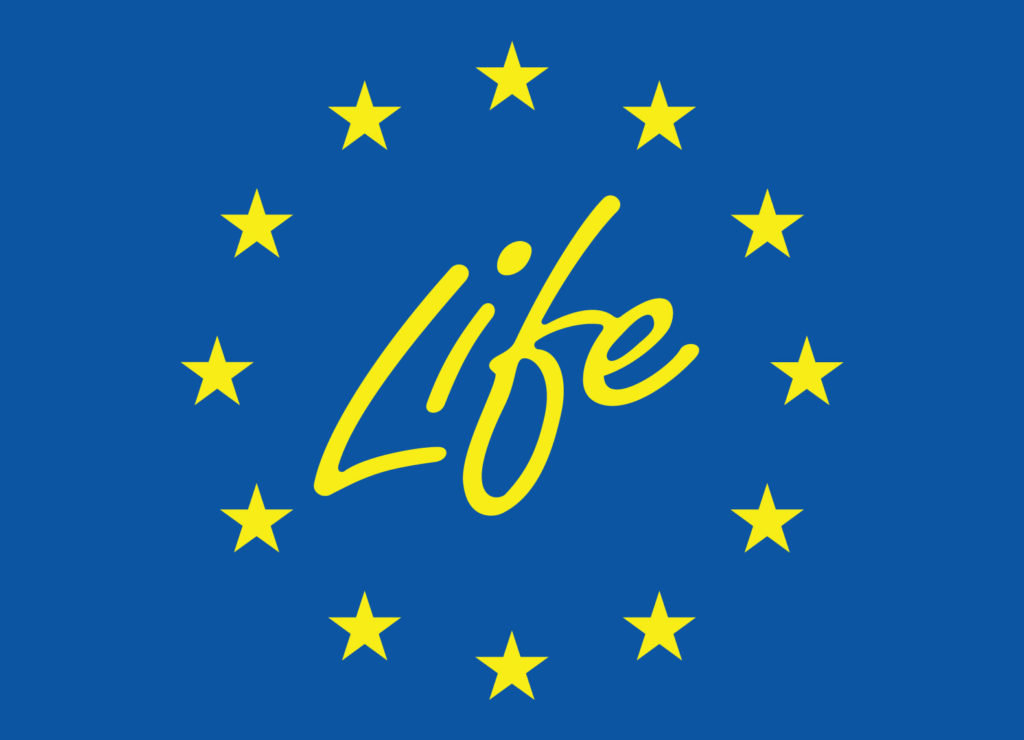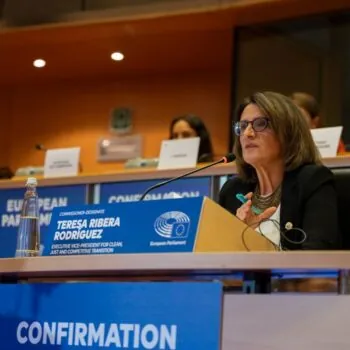The upcoming Council Recommendation on addressing the social and labour aspects of the climate transition – including the implementation of the Social Climate Fund – is an important opportunity to steer the Fit for 55 package in a socially fair direction. One way of doing this is by fostering shared ownership via inclusive participation and governance – an aspect that continues to be overlooked in the green transition.
The Commission’s response to managing social concerns related to climate action has largely focused on financial compensation, which on its own is too transactional as an approach. For example, despite its positive contribution to regional transitions, the Just Transition Fund led to the Just Transition debate narrowing to focus on compensating workers and regions dependent on the coal industry. This is not to say that supporting groups most affected by the transition, including low-income households who least contribute to climate change, should not be a priority. However, compensation ends up being a recurring cost and is not a feasible long-term solution. To ensure that the Fit for 55 package is ‘fit for society’, the EU needs to move beyond tackling what is fundamentally a political challenge solely with financial instruments. At the same time, this responsibility cannot lie with the Commission alone, as social policy is a national competency. Member States have an equal role to play in owning and shaping the social offer by working together with local governments and citizens.
There has been plenty of debate about who pays for the climate transition or who benefits from it, but not enough on who gets to have a say. This is why, in the lead up to the second set of Fit for 55 proposals in December, we need to look closer at existing opportunities for affected stakeholders – be they workers, tenants, businesses, local authorities, or low-income households – to engage in the co-design and implementation of the package and the European Green Deal more broadly. To begin with, the Social Climate Fund should be a primary vehicle to enable this. As part of unlocking this fund to mitigate energy and transport poverty, Member States must draw up ‘Social Climate Plans’. The content of these plans will need to include a summary of the stakeholder ‘consultation’ process and explain how stakeholder input has been incorporated.
To ensure that the Fit for 55 package is ‘fit for society’, the EU needs to move beyond tackling what is fundamentally a political challenge solely with financial instruments.
While the above requirement is a step in the right direction, we also need to question who participates, when, and how. Although the Partnership Principle provides a common set of participation standards that Member States should adhere to when planning how to use EU funds, evidence suggests this is not always the case. Whether in the case of European Structural Funds or the Just Transition Fund, it is widely documented that the representativeness of stakeholders has not always been guaranteed and, when consulted, stakeholders have either been given insufficient time to comment or involved too late in the process. This is in keeping with our own findings of the Recovery and Resilience planning process: few Member States offered comprehensive public consultations, making it challenging for external stakeholders to shape decisions key to their future wellbeing. The lack of transparency and public participation, in turn, affected the level of climate ambition of the proposals and undermined the legitimacy of the process.
The Social Climate Fund is therefore a crucial opportunity to embed inclusion, participation, and fairness into green transition, but needs binding requirements for co-design and the political will to see it through.
Involving people in the decisions that affect their lives is a matter of social justice. It can also increase community acceptance of the design and outcomes of the climate transition. For this reason, stakeholder participation in the Social Climate Fund cannot be a technical, technocratic, or tick-box exercise. Research has in fact proven that truly inclusive participatory processes can lead to far more ambitious policies than politicians alone can come up with. The Social Climate Fund is therefore a crucial opportunity to embed inclusion, participation, and fairness into green transition, but needs binding requirements for co-design and the political will to see it through.
To comprehensively address the social aspects of the climate transition, however, the Commission cannot rely on the Social Climate Fund alone. This would entail a major political risk as the very set-up of the Fund relies on the extension of the Emissions Trading System. If the extension gets scrapped, so does the Fund. This is why a concerted effort is required to lever and connect with other relevant aspects of Fit for 55 proposals, such as the ‘encouragement’ of local governments to draw up heating and cooling plans or provisions to ‘consider’ the role of renewable and citizen energy communities in the Energy Efficiency Directive revision. Doing this will require support – both in terms of finance, human resources, and trusted local information points. Such provisions will also need to be made bolder and stronger. Without them, the social offer will not be enough. Without a meaningful social offer, the package simply will not be complete.
This project has received funding from the LIFE Programme of the European Union.



